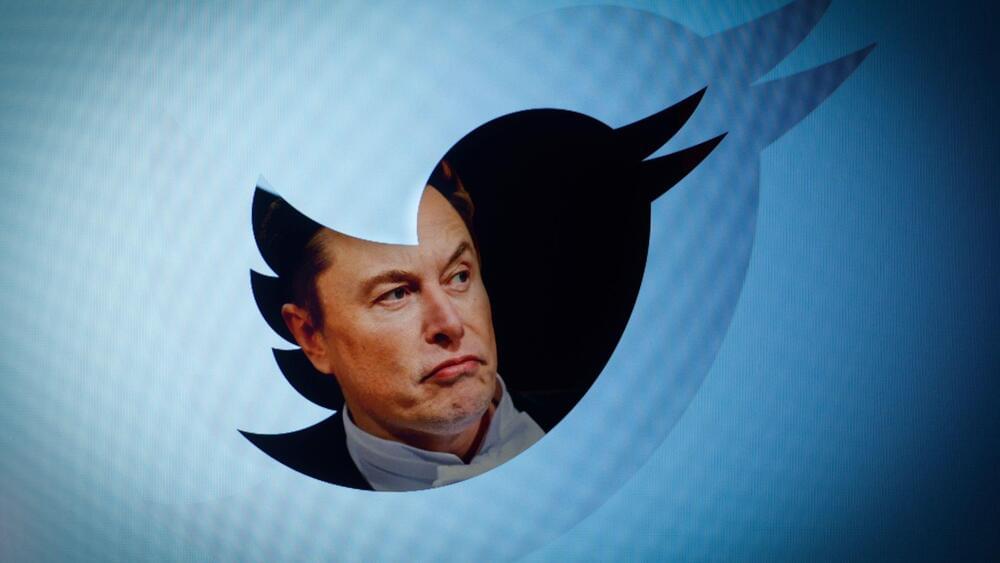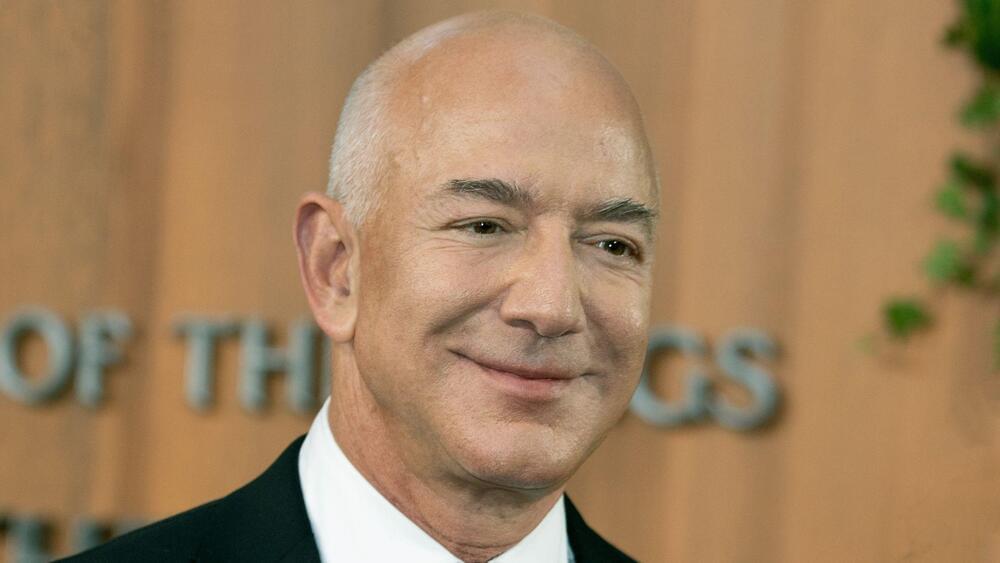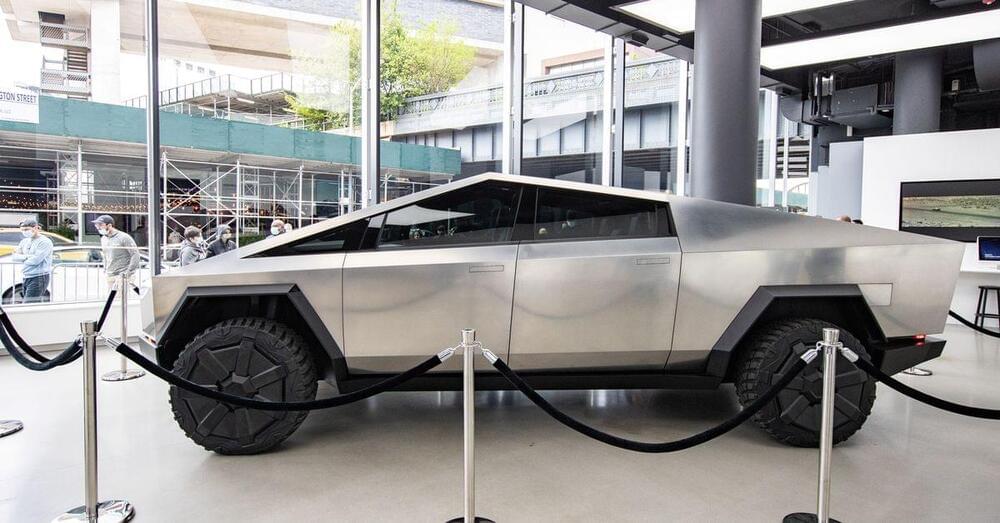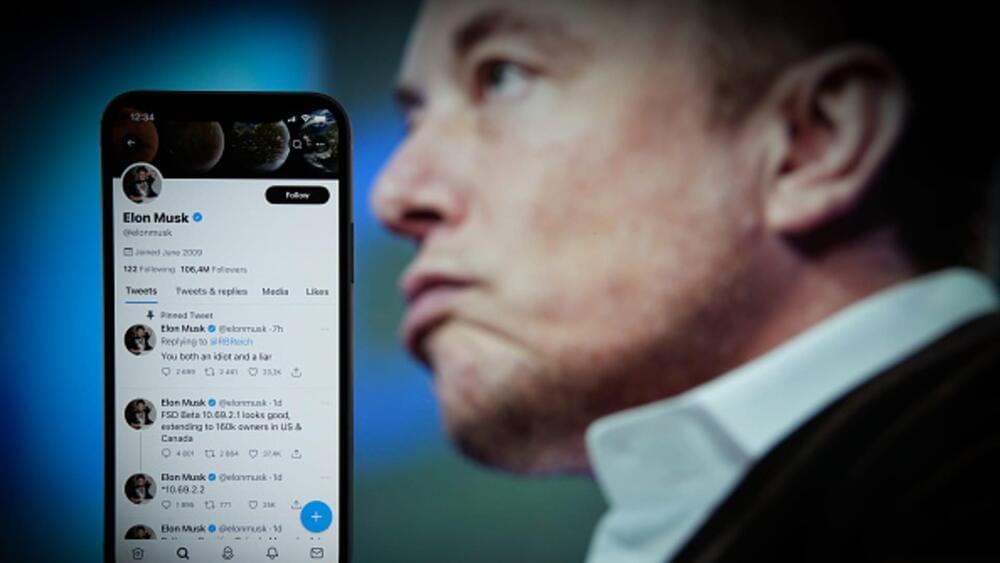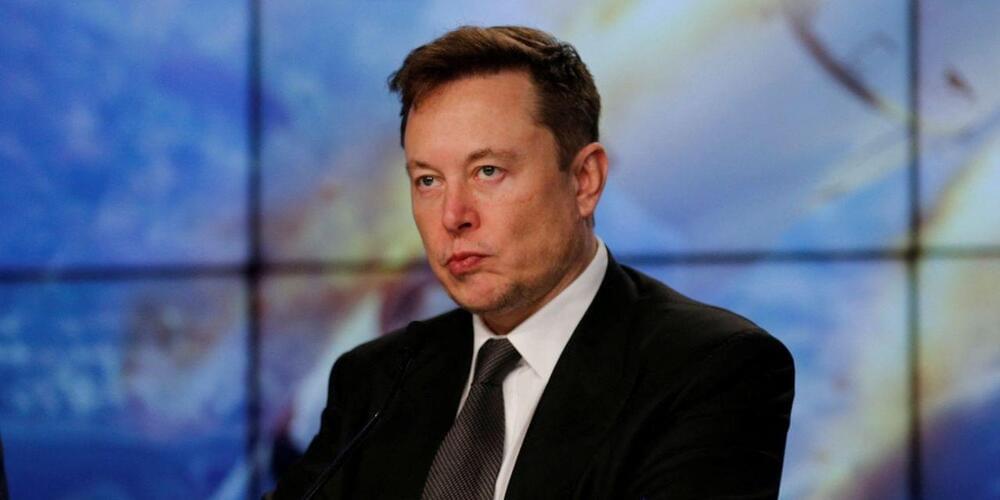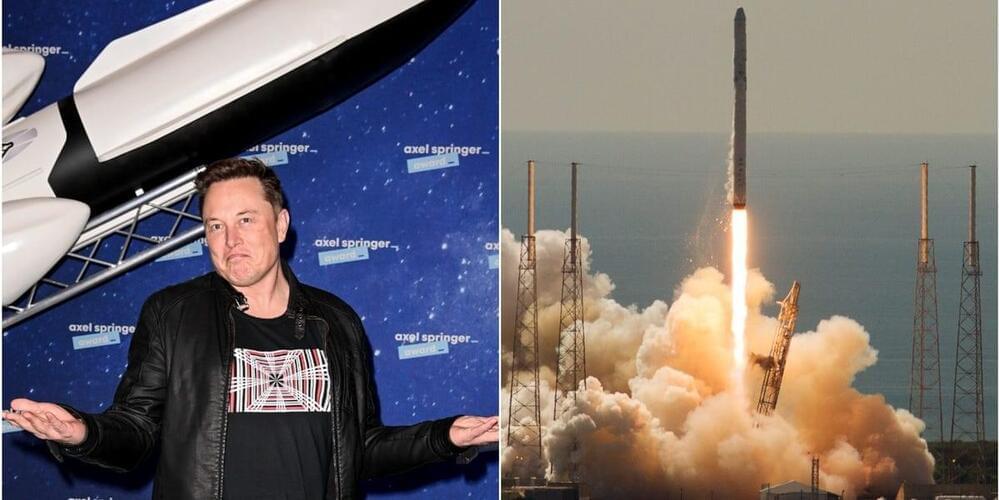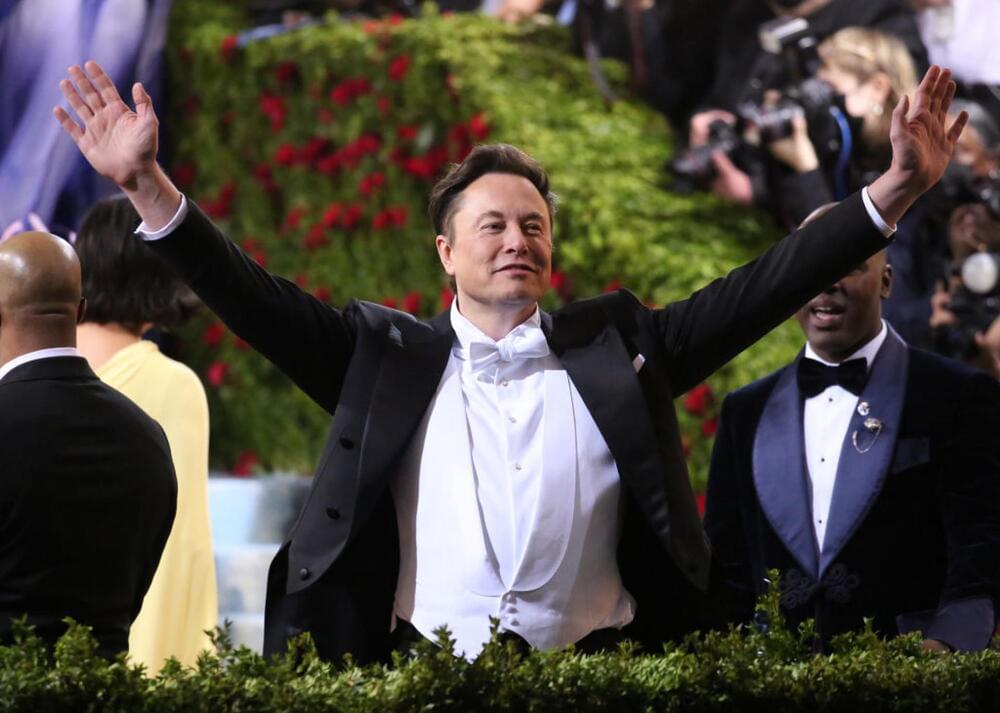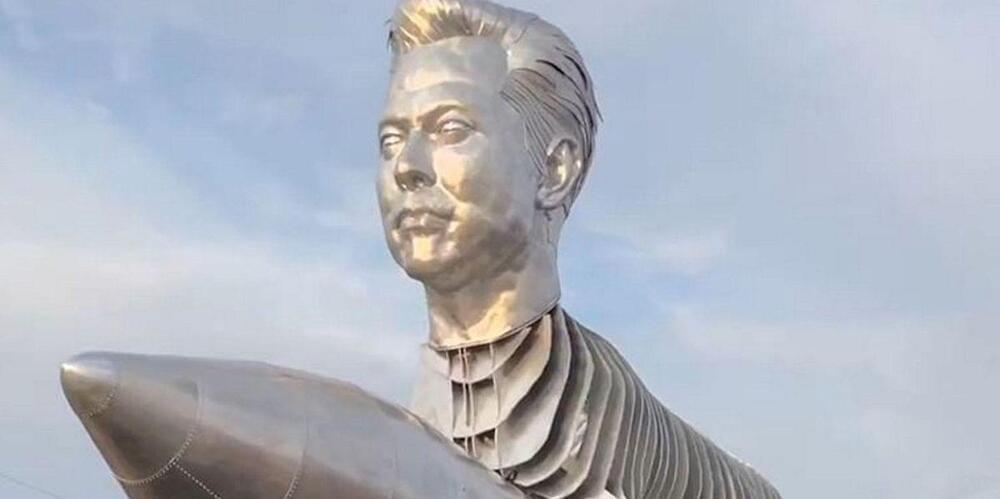But do they really have the necessary skillset?The new CEO of Twitter, Elon Musk, has authorized 50 employees from his other companies, such as Tesla, SpaceX, and the Boring Company, to help him handle matters at the social media company, according to a report by CNBC.
Musk has billed himself as a free speech absolutist, but he has to balance those wishes with laws and business realities. He said in an open letter to advertisers last week as he was taking over the company: “Twitter obviously cannot become a free-for-all hellscape, where anything can be said with no consequences.”
It is not immediately clear how Tesla employees are expected to split their schedules between the automaker and Twitter.
Typically, when Tesla employees work for other Elon Musk ventures, usually SpaceX or the Boring Company, they can get paid by the other venture as a consultant. Some of Musk’s employees have full-time roles at more than one of his businesses. For example, Tesla Vice President of Materials Charlie Kuehmann, is concurrently a vice president at SpaceX.
